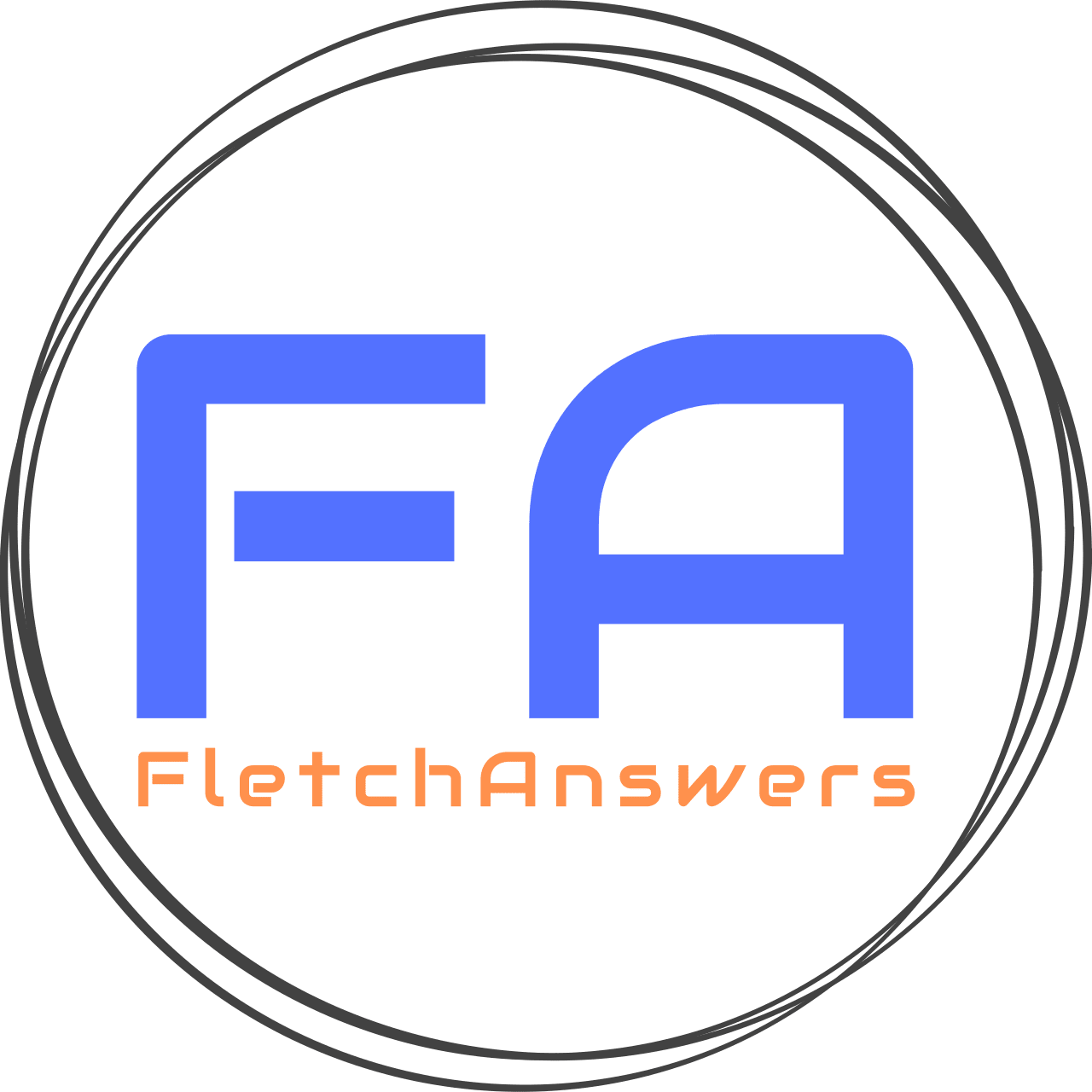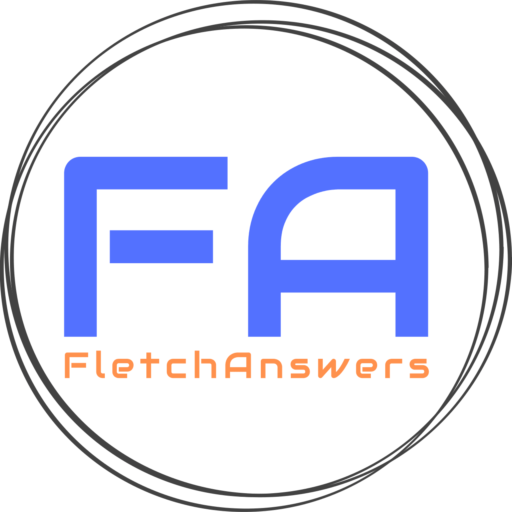Arguments about what’s and isn’t “open supply” are sometimes resolved by deferring to the Open Supply Initiative (OSI): If a chunk of software program is on the market beneath a license rubber stamped as “open supply” by the OSI’s formal “definition,” then that software program is open supply.
However waters muddy once you get into the nuts and bolts of authorized definitions versus the “spirit” of what open supply actually means. Certainly, there’s important nuance within the open source versus proprietary software debate: Has an “open supply firm” hamstrung its challenge by sliding core options behind a industrial paywall? How a lot transparency is there across the challenge’s improvement? And the way a lot direct enter does the “group” actually have in a given challenge?
To many, open supply isn’t just in regards to the authorized skill to make use of and modify code; the tradition, transparency, and governance round it’s paramount.
Everybody is aware of in regards to the Google-flavored model of Android that ships on smartphones and tablets, replete with an array of apps and companies. The underlying Android Open Supply Venture (AOSP), launched beneath a permissive Apache 2.0-license, is on the market for anybody to entry, “fork,” and modify for their very own {hardware} tasks.
Android, by nearly any definition, is about as open supply because it will get. And Google has used this reality in its protection in opposition to anti-competition criticism, noting that Amazon has reappropriated Android for its personal lineup of Fire-branded devices. However all this ignores separate “anti-fragmentation agreements” Google signed with {hardware} makers that prohibit them from utilizing forked versions of Android. And in contrast to one thing like Kubernetes that sits under an independent foundation with a various vary of company and group contributors, Android sits beneath the direct management of Google with out an excessive amount of transparency over roadmap or group enter.
“Android, in a license sense, is probably essentially the most well-documented, completely open ‘factor’ that there’s,” Luis Villa, co-founder and basic counsel at Tidelift, stated in a panel dialogue on the State of Open Con25 in London this week. “All of the licenses are precisely as you need them — however good luck getting a patch into that, and good luck determining when the subsequent launch even is.”
This will get to the crux of the controversy: Open supply might be one thing of an phantasm. An absence of actual independence can imply an absence of company for individuals who want to correctly get entangled in a challenge. It could possibly additionally elevate questions on a challenge’s long-term viability, evidenced by the numerous open supply corporations that have switched licenses to guard their industrial pursuits.
“If you concentrate on the sensible accessibility of open supply, it goes past the license, proper?” Peter Zaitsev, founding father of open supply database companies firm Percona, stated within the panel dialogue. “Governance is essential, as a result of if it’s a single company, they will change a license like ‘that.’”
These sentiments had been echoed in a separate discuss by Dotan Horovits, open supply evangelist on the Cloud Native Computing Basis (CNCF), the place he mused about open supply “turning to the darkish facet.” He famous that typically, points come up when a single-vendor challenge decides to make adjustments primarily based by itself enterprise wants amongst different pressures. “Which begs the query, is vendor-owned open source an oxymoron?” Horovits stated. “I’ve been asking this query for few years, and in 2025 this query is extra related than ever.”
The AI issue
These debates gained’t be going wherever anytime quickly, as open supply has emerged as a serious point of interest within the AI realm.
China’s DeepSeek arrived with a bang off the again of open supply hype, and whereas the fashions’ MIT licenses are very a lot acknowledged as open supply, there stays black holes round coaching information amongst different parts. Which is why researchers at Hugging Face are trying to create a fair “extra open” model of DeepSeek’s reasoning mannequin.
Meta, in the meantime, has lengthy tooted its open supply horn almost about its Llama-branded massive language fashions (LLMs), although Llama isn’t open source by most estimations — the fashions, whereas maybe extra “open” than others, have industrial restrictions.
“I’ve my quibbles and considerations in regards to the open supply AI definition, however it’s actually clear that what Llama is doing isn’t open supply,” Villa stated.
Emily Omier, a marketing consultant for open supply companies and host of the Business of Open Source podcast, added that such makes an attempt to “corrupt” the that means behind “open supply” is testomony to its inherent energy.
“It goes to indicate how sturdy the model of open supply is — the truth that persons are making an attempt to deprave it, implies that folks care,” Omier stated in the course of the panel dialogue.
A lot of this can be for regulatory causes, nonetheless. The EU AI Act has a particular carve-out for “free and open supply” AI programs (except for these deemed to pose an “unacceptable risk”). And Villa says this goes a way towards explaining why an organization would possibly wish to rewrite the rulebook on what “open supply” truly means.
“There are many actors proper now who, due to the model fairness [of open source] and the regulatory implications, wish to change the definition, and that’s horrible,” Villa stated.
Clear parameters
Whereas there are clear arguments for making use of further standards that includes the “spirit” of what open supply is meant to be all about, having clear parameters — as outlined by a license — retains issues easy and fewer topic to nuanced subjectivity.
How a lot group engagement can be crucial for one thing to be really “open supply”? On a sensible and authorized degree, protecting the definition restricted to the license is smart.
Stefano Maffulli, govt director on the OSI, stated that whereas some organizations and foundations do lean into concepts round “open design, group, and improvement,” these are all essentially philosophical ideas.
“The purpose of getting definitions is to have standards that may be scored, and specializing in licensing is how that’s achieved,” Maffulli stated in an announcement issued to TechCrunch. “The worldwide group and trade have come to depend on the Open Supply Definition and now the Open Source AI Definition as goal measures that they will depend on.”
Trending Merchandise













